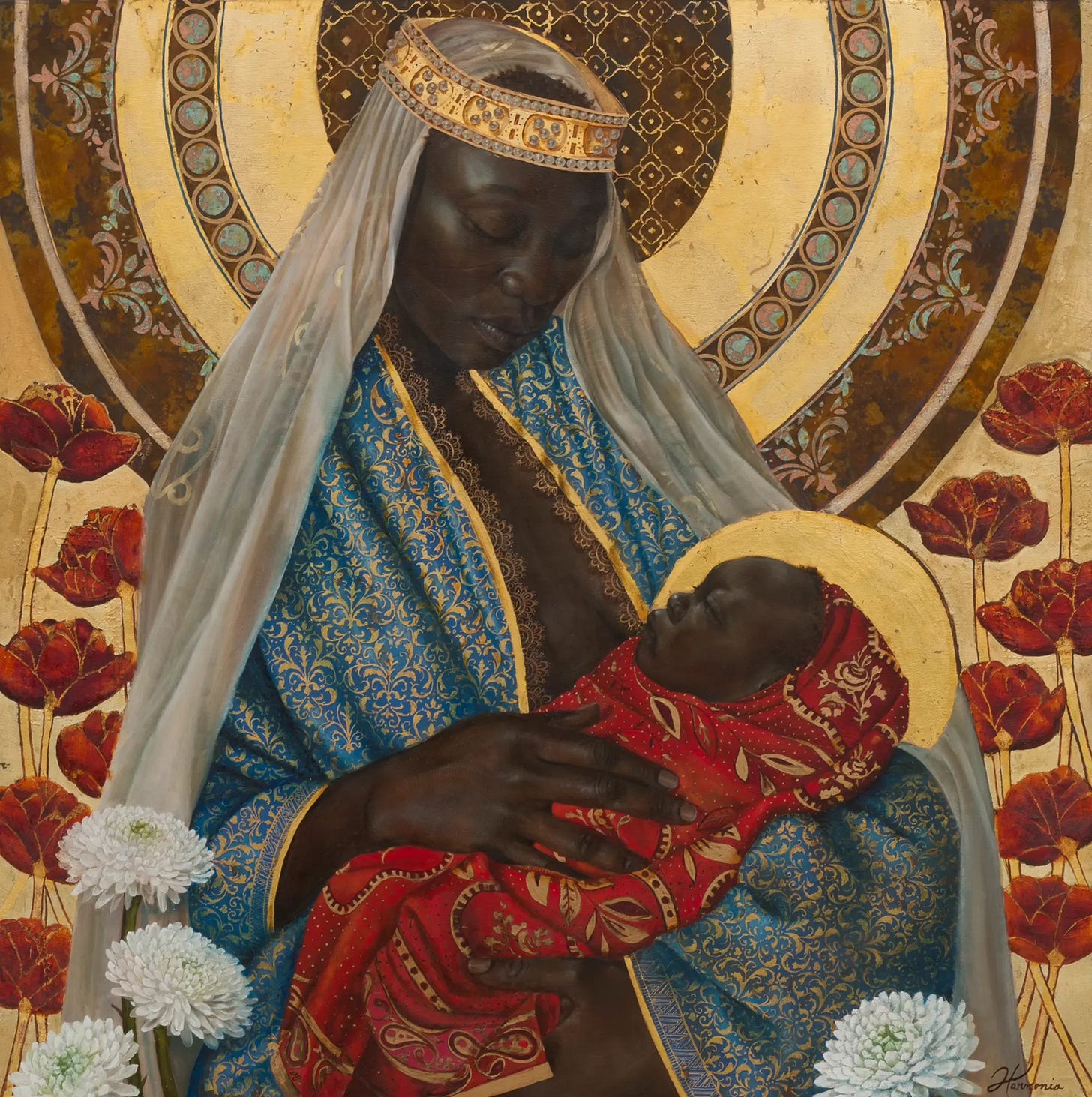Our spirits are sacred. As worldviews expand, religious and spiritual formation have become less traditional. While this has so much positive potential, often creative approaches to formation struggle to maintain the structure and institutional investment afforded to past processes. It is understood that cross-generational strategies are necessary, one does not stop spiritually seeking after Sunday School. There’s no culmination from this kind of learning, which is intended to be life long. Our realities become more complex as we age, inviting curiosity about the world we inhabit and posing difficult questions about our relationships with one another and Source. These questions are meant to cultivate a fire in us that cannot be extinguished. These curiosities are meant to inspire a relationship with the divine unlike any other.

Our spirits are sacred. This might feel like an obvious statement because we’re used to seeing and hearing the words spirit and sacred together. But if it were obvious, we wouldn’t have to yearn for spiritual sustenance. We wouldn’t have to struggle to find soil, sufficiently deep and dark, in which to plant our curiosities. Curiosities that have the potential to blossom into new practices, theologies, and the new worlds we so desperately long to experience.
Institutions are unable to cultivate conditions for liberation, we must free ourselves. You and I may not have met but our love and liberation are intertwined. So I want to begin sharing formation resources that I’ve been collecting personally and academically. Many of the resources will center Christianity and Christian mysticism. However, my spiritual journey has always been a syncretization of many traditions. So this project will include a little bit of all my parts. I share with the caveat that this information is not intended to be used against others. Mysticism, and Christianity in general, is about embodiment. It’s more important that we integrate the things we’re learning than use them to critique or condemn others under the guise of support.
I’m facetiously calling these shares “spirit guides” because I’m frustrated by Christians and recovering Christians appropriating the traditions of others thinking that it will re-indigenize them. Spirit guidance is available to everyone, within every tradition. If you’re not actively working to decolonize your faith and relationship with God, merely swapping your dogmas out for other practices won’t do the trick. These guides are intended to support you with that decolonization process by providing Christian material that engages the intersections of race, gender, sexuality, class, etc. I’ve also included a few definitions because jargon is often experienced as a barrier, and I want it to function as a portal into more knowledge about the things you’re interested in. My hope is to share these guides monthly.
Language
Denomination: Groups within Christianity defined by their institutional organization and beliefs. Ex. Roman Catholic, Baptist, Anglican, Church of God in Christ, etc.
Theology: Exploration of the Christian concept of God through thought and speech.
Doctrine: Christian teachings, traditions, and wisdoms that are expressed as theories, beliefs, or actions.
Dogma: Doctrines (beliefs or actions) that are binding within a Christian denomination or church community.
Mysticism: The hidden or divinely mysterious dimension of outwardly religious objects and practices. Dedication to these dimensions is intended to cultivate divinity in the practitioner. This is a definition of Christian mysticism specifically, many spiritual traditions utilize this term to describe different experiences.
Liberation Theology: A theological approach created by Gustavo Gutiérrez in A Theology of Liberation that proposes that we engage human experience, specifically experiences of the oppressed, as the basis for theology. This approach is also utilized by James H. Cone in A Black Theology of Liberation.
Womanist Theology: A theological approach that centers the experiences of African American women and their bodies and questions theological assumptions made without consideration for the experience of Black women.
Literature
A Theology of Liberation by Gustavo Gutiérrez
Multicultural Moses: Reexamining an Icon by Amanda Mbuvi
What Womanist Theology Taught Me About God by Lauren Reliford
A Native American Perspective: Canaanites, Cowboys and Indians by Robert Allen Warrior
Listening
The Genesis of Genesis with David Carr on the Data Over Dogma Podcast
Black Liberation Theology, in its Founder’s Words from Fresh Air on NPR
On Hannah and Penninah in the Hebrew Bible with Wilda Gafney at St. Paul’s Cathedral (Gafney’s lecture is on 1 Samuel 1-2, which you can access here.)
Note: If you’re interested in theological or biblical scholarship, purchasing the New Revised Standard Version of the Bible is recommended because the NRSV is the most accurate.
If you’ve read this far, thank you! I’m so excited to be doing this work alongside you. God is truly closer to us than our jugular veins (Quran 50:16). I hope this project can amplify that Truth in your day to day life.




